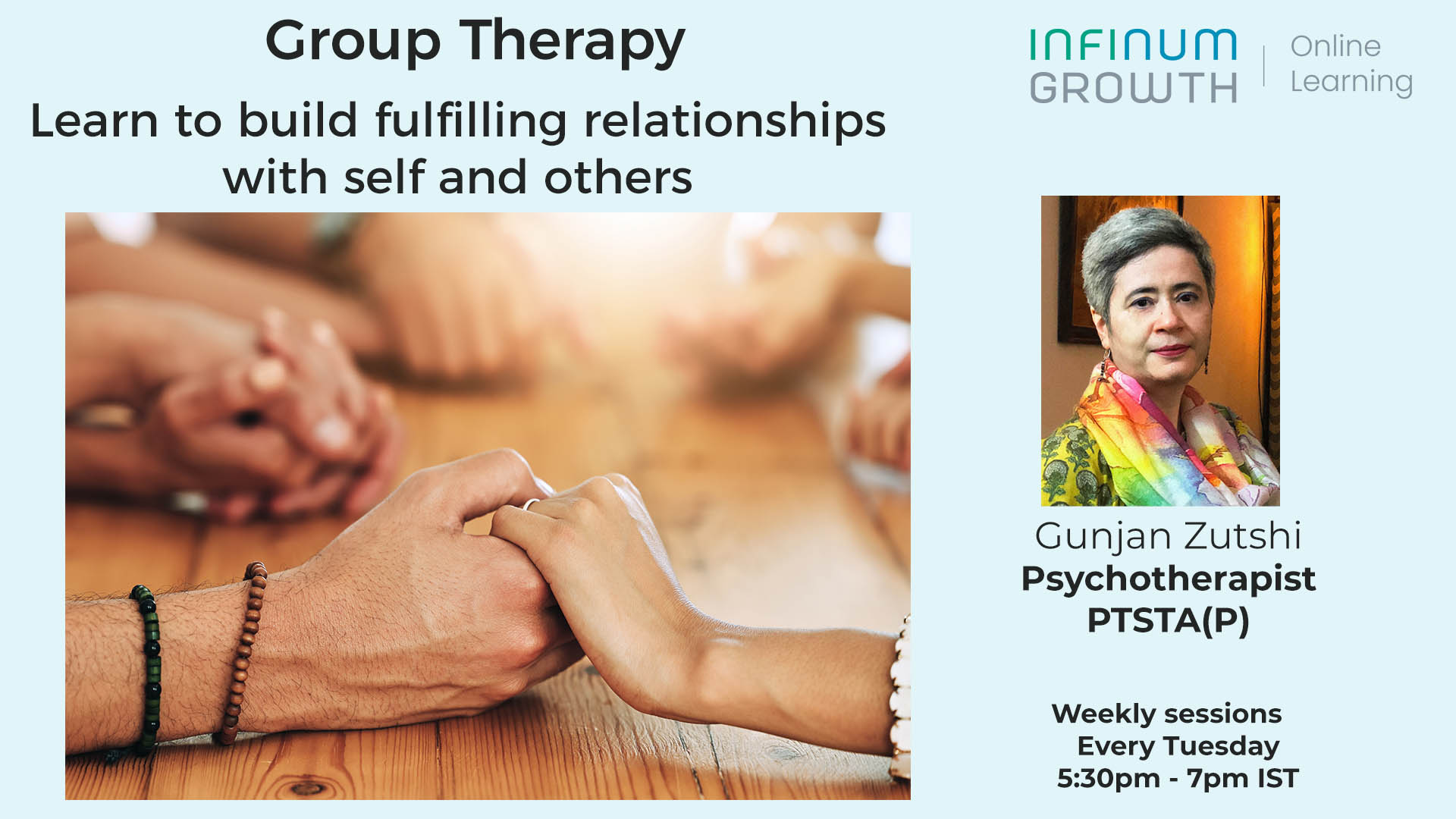I was in school when I had my first rendezvous with stage fright! I was put on stage and was asked to speak in front of around 500 students.
And I froze!!!
This was my first experience of stage fright and over the years it got reinforced!
What is Stage Fright?
As a mental health professional, I learned that stage fright is a form of social anxiety, that leads to intense fear or nervousness during a performance or public speaking. Someone who experiences stage fright also fears judgement and negative feedback from the audience.
On further research, I found that I was not the only one to experience this!
In one of the researches conducted by National Institutes of Mental Health, over 75% of the population experienced fear of public speaking. In another research, it was found that 1 in 4 individuals experience some level of nervousness while addressing an audience.
And this population also includes celebrities like Adele and Rihanna !!!
What causes Stage Fright?
Someone who might have performance anxiety may experience high levels of anxiety or nervousness for days or weeks before the performance.
Even the idea of going on stage can trigger some individuals. Just before going on stage, they may feel nauseated, tense, lightheaded or may simply freeze! Their heart rate may increase, their breathing may shoot up or they may sweat like a swine! Some individuals may also experience headache or stomach pain.
We often sit and wonder what causes stage fright.
The fear of public speaking or performing often results from embarrassment or judgement. People are afraid of how they will be perceived.
Will they be judged or ridiculed? This fear triggers the autonomous nervous system, which leads to fight-flight-freeze response! This fear also gets reinforced over time.
Self-perception and self-esteem are also related to stage fright. Someone who believes that they haven’t prepared well for their speech, will feel nervousness before going on stage. If a dancer believes that she is not good enough, or does not deserve to be on stage, she will experience stage fright. Fear of the unknown is also linked to stage fright.
From someone who froze on stage and couldn’t speak, to becoming a group facilitator and addressing larger groups, I have come a long way (literally and metaphorically).
It took me over 10 years to learn to navigate through my situation! I engaged in self-work, therapy and a lot of practice to reach my current state.
I still experience some nervousness before addressing groups; however, I have a better control over my reaction and responses!
So how do we manage stage fright?
I am sharing here a few tips and techniques that you can use to manage your situation.
- Prepare and practice: It is helpful to be prepared with your content beforehand. Write down your speech or memorise your notes before presenting to the public. Practice as much as you can. Preparation and practice boost confidence and morale! Familiarity with content reduces room for error and uncertainty.
- Learn to stay calm before hitting the stage: Learn ways to stay calm before going on stage. This could include learning breathing and mindfulness techniques or some other forms of relaxation techniques. These techniques are useful to manage physiological responses, such as increase in heart rate or erratic breathing. Some useful techniques include progressive muscle relaxation, guided meditation, square breathing etc.
- Visualise: Imagine yourself standing on stage or in front of an audience, speaking or presenting.Focus on how you feel. If your heart rate increases, let it be! As you imagine yourself addressing the audience, you will notice that your heart rate becomes normal.
- Seek help: Sign up for therapy or counselling and address the issue at the root level. Therapists/counsellors can help you identify the underlying causes and can also help you learn ways to manage the issues. They can also teach stress management and skills of resilience.
It may look like a lot of work, however, it will be worth it! Trust yourself and the process!!
If you feel the need for counselling support, click to connect with InfinumGrowth Counselling team.
Please do leave your comments at the bottom and do share with others if you like this article.


















